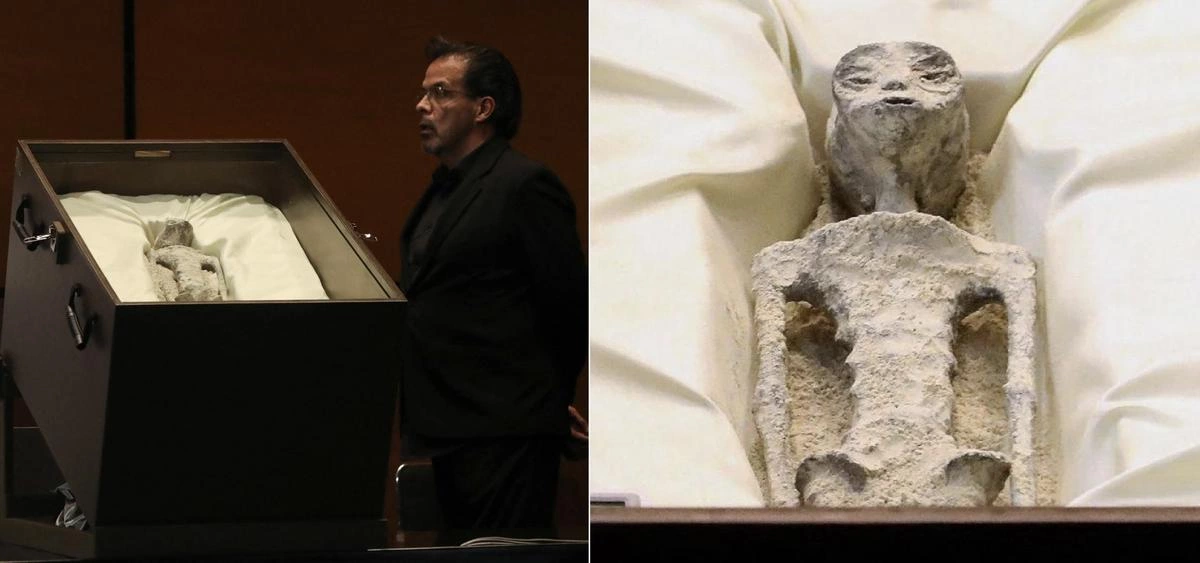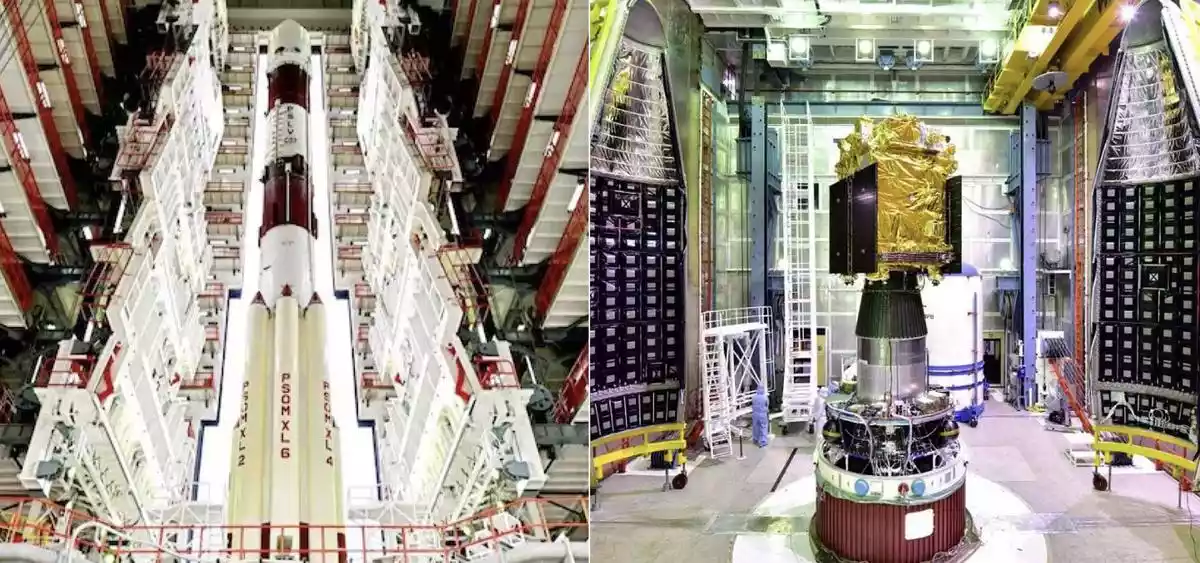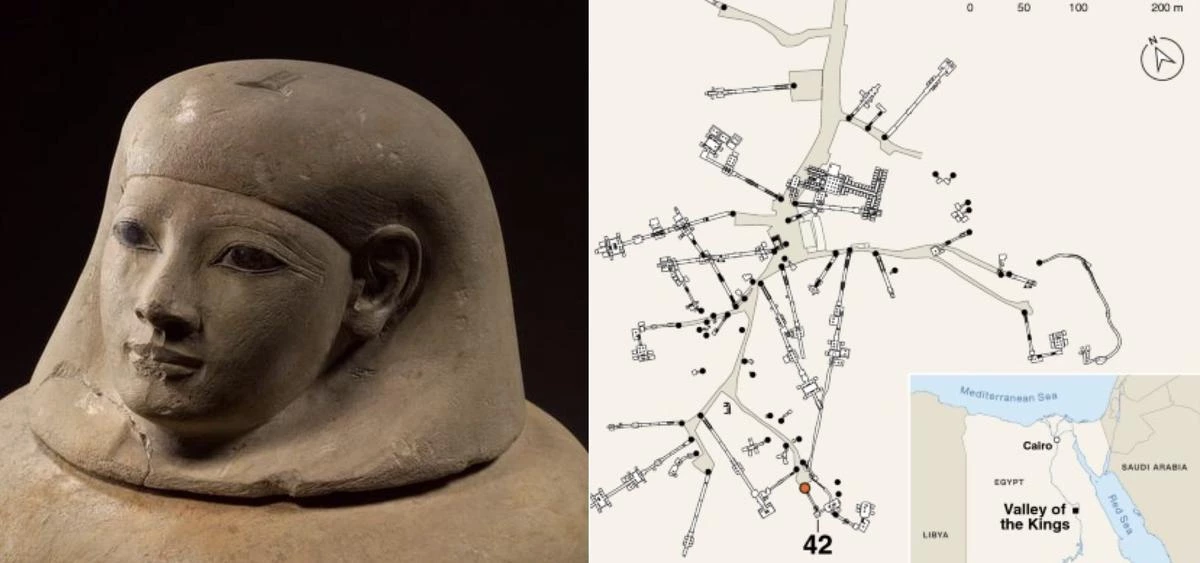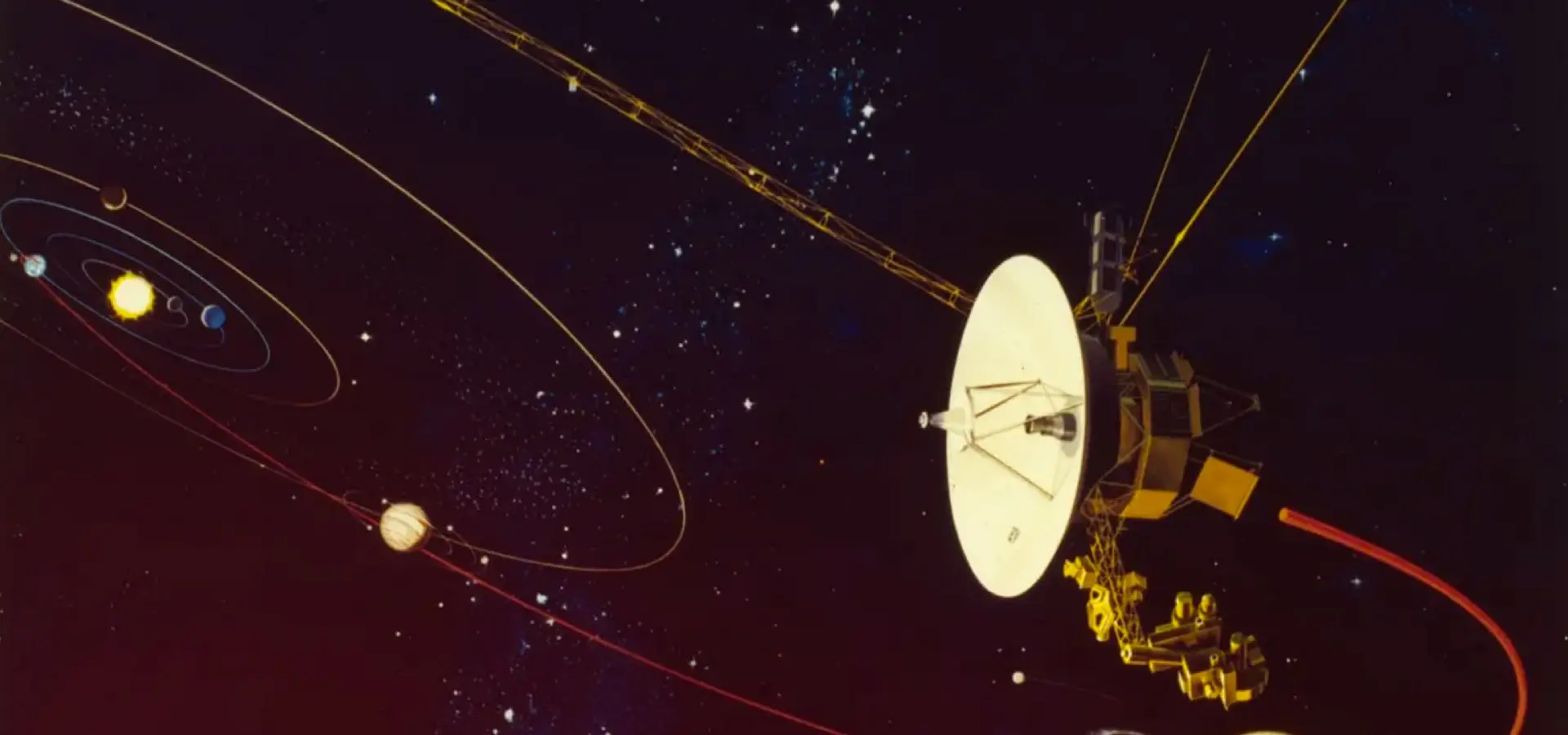Russia’s Lunar Exploration Stumbles as Luna-25 Spacecraft Collides with Moon’s Surface,Setback to Russian Moon Mission
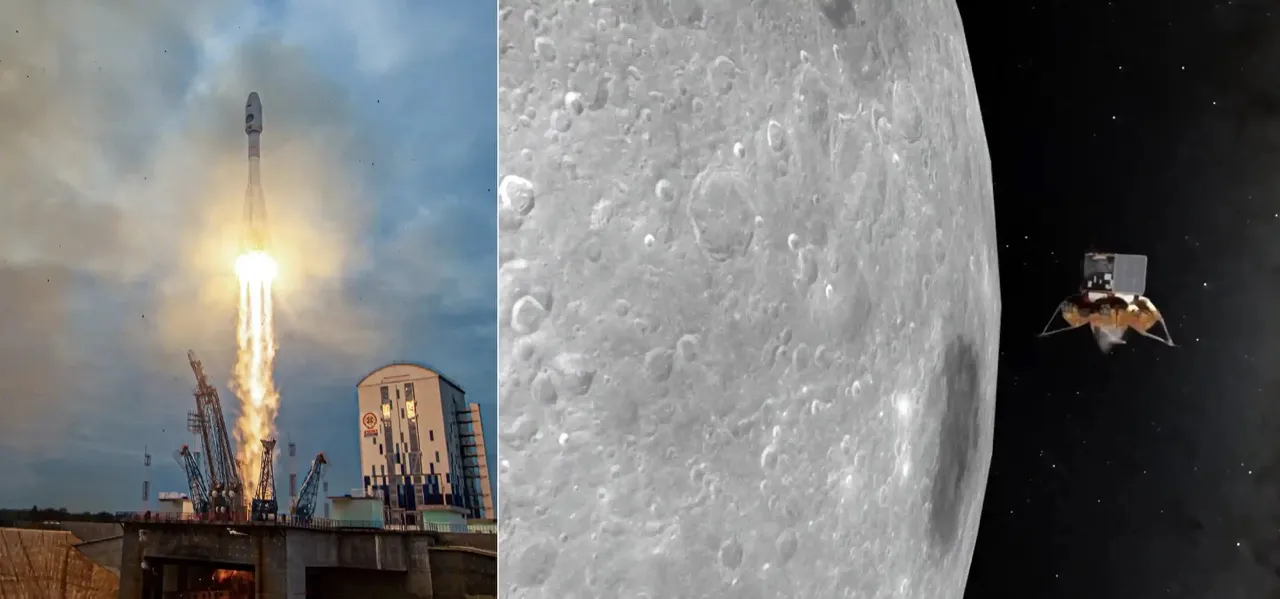
Credit: Google
In a disappointing turn of events, Russia’s ambitious lunar exploration took a hit as the Luna-25 spacecraft crashed into the Moon during its attempt to make history with a soft landing on the lunar surface. The unmanned spacecraft, marking Russia’s first moon mission in nearly five decades, encountered technical problems that resulted in a loss of control, leaving it no choice but to collide with the Moon’s surface.
The Luna-25, launched from Vostochny Cosmodrome on August 11, was expected to achieve a milestone by becoming the first craft to land on the Moon’s south pole. This region holds immense scientific promise, with scientists speculating it could harbor frozen water and precious elements. However, as the spacecraft transitioned into its pre-landing orbit, it veered off course, leading to a collision with the lunar terrain.
The sad incident was reported by Roscosmos, the Russian government’s space agency, after the Luna-25 lost contact just after 14:57 on a Saturday. The preliminary findings indicated that the 800kg lander ceased to exist due to the impact with the Moon’s surface. A dedicated commission is now tasked with investigating the causes of the mission’s failure, highlighting the intricate challenges of space exploration.
BREAKING: The Russian space agency says its Luna-25 spacecraft has crashed into the moon after it had spun into uncontrolled orbit. The spacecraft had been racing to land on the south pole of the moon ahead of an Indian spacecraft. https://t.co/RCCEv8xVBD
— The Associated Press (@AP) August 20, 2023
This setback underscores the declining state of Russia’s space program, which has seen decreased funding over the years as resources are redirected towards military initiatives. The failure comes in contrast to India’s Chandrayaan-3 spacecraft, which is set to embark on its own lunar mission, targeting the Moon’s south pole for exploration.
The Luna-25 mission was intended to show that despite post-Soviet difficulties, Russia was still capable of competing on the world arena in space, according to Russian officials. The crash reveals the complexity of space missions and the need for robust flight control systems.
While disappointment looms over this missed opportunity, experts reflect on the broader context of Russia’s space ambitions. The decline in the rigor of Russia’s post-Soviet scientific education system, combined with internal management issues and corruption concerns, has impacted the nation’s scientific pursuits.
As Russia grapples with the consequences of the Luna-25 mishap, the global race for lunar exploration continues. India’s Chandrayaan-3 mission remains on track, while China and the United States pursue their lunar aspirations. The lunar journey, fraught with challenges and triumphs, serves as a testament to human perseverance and the ceaseless quest to uncover the mysteries of the cosmos.
RELATED NEWS
WEB STORIES FOR YOU
Stay connected with Today On Globe for the latest Global Issues and News Updates.
Explore more related articles at [TOG News / TOG Article]












